Hi! I'm Cansu, and I work as a full-time independent contractor in the graphic design industry. In contrast to the traditional route, my career began in 2014 as a freelancer and developed in a unique way. To share with those who are interested, I have written this story.
I am from Izmir, and to simply describe myself, I attended university there before spending my undergraduate years in Istanbul. I have a degree in industrial product design from ITU. I studied abroad as an Erasmus student for one year of it in Italy. Professionally, I was able to pursue a freelance career in the visual industry because of the education I obtained there.
How did I start Freelancing?
There are two steps to my story of becoming a freelancer. One is, in my opinion, driven by need, and the other is a deliberate choice. 2014 will be the year of my first freelance voyage.

I recently graduated, changed a lot of things in my life—in fact, left my entire existence behind—moved to Brazil, and enrolled in a master's program there. I was also able to secure a scholarship, but I found that having courses only two days a week and not having any real-world work experience left me with some spare time. However, there weren't many jobs available where I lived that were suited for me.
So, my freelance journey started when I opened a profile in October 2013 and said, "Let's take a look at Upwork (then called Elance)", where I only got a job and didn't keep it.
I wanted to work in product design as a recent graduate, but since most projects today require teamwork and there isn't much of a market for it, I was only able to land a few gigs. The majority of the work I was able to land was in the graphics industry. Fortunately, I also enjoyed graphics and eventually began to build a portfolio for myself.
I developed expertise in brand and packaging design over time, eventually limiting my career searches to those industries. A few months after I began working, I attained Top Rating status. The more positive comments I received on my profile, the simpler it was for me to obtain items.
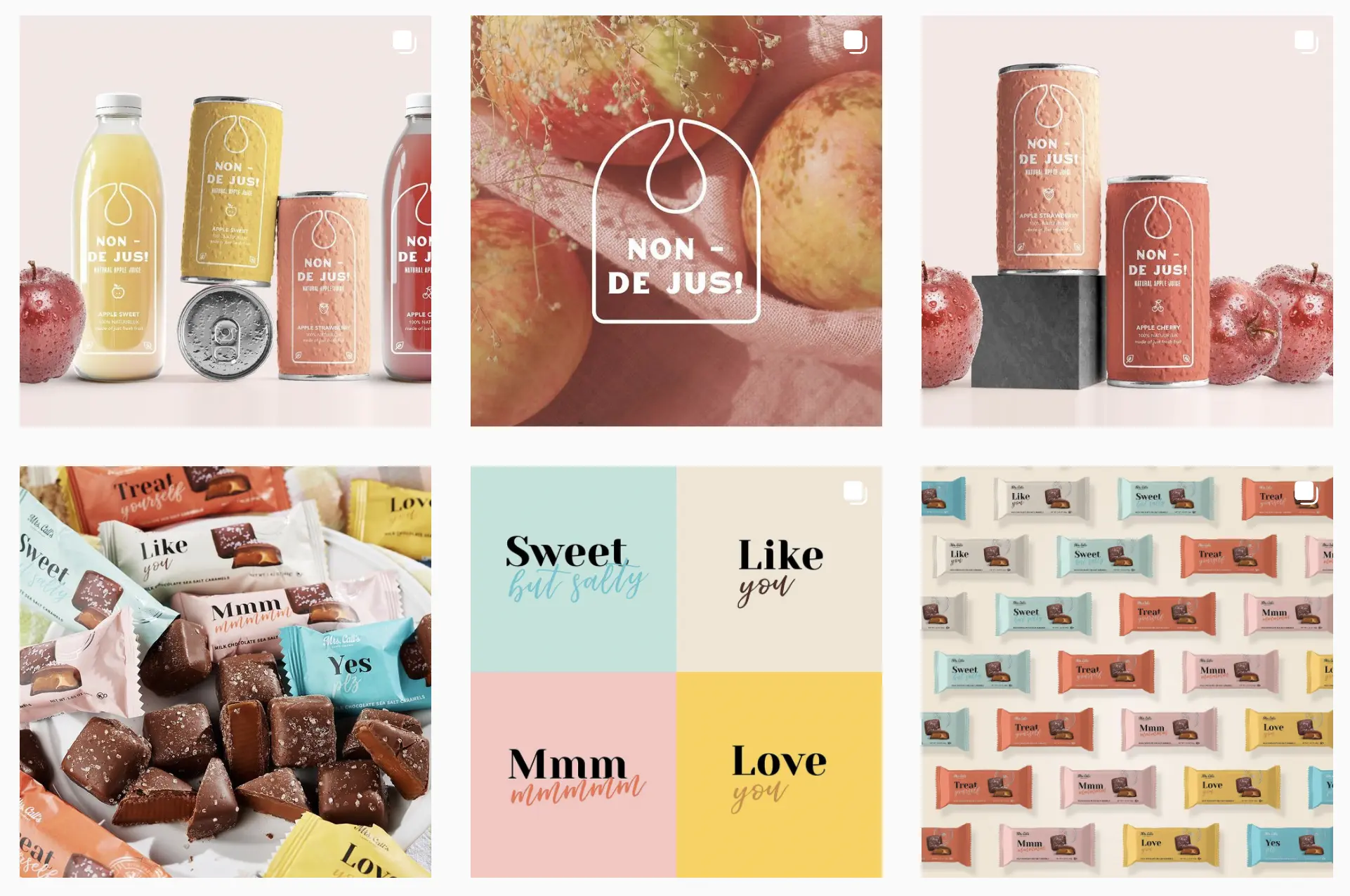
Even though I had a master's degree and couldn't commit all of my time to work, my projects and income were steadily growing. After receiving a different scholarship the next year, I began working full-time on a one-year project connected to my thesis at a corporate organization. Naturally, freelancing projects declined after this event, but I was still able to find a handful every month that I could complete in my own time.
The barries during Freelancing
I can honestly tell that the early years of my freelance career were quite difficult for me. The most difficult problem can be communicating with customers, especially if you operate in creative fields that are very subjective. Unfortunately, no one had any experience working as a freelancer to help me at the time. In fact, the majority of those in my immediate vicinity didn't even think they could earn money online in this manner. People's reactions to my claim that I work as a freelancer from home were odd and incredulous.
I can tell that in the beginning of my freelance career, I had a lot of difficulties. Especially if you work in creative fields that are very subjective, customer communication can be the most difficult problem. Unfortunately, nobody had any experience working as a freelancer at the time, so I had no one to turn to for advice. In fact, the majority of others around me did not even think it was possible to generate money online in this manner. People regarded me strangely and incredulously when I claimed that I was a freelancer who worked from home.
Despite its difficulties, I enjoyed owning my own business, opening a sole proprietorship, and was proud of myself when I bought my first Macbook Pro in 2015 with my freelance earnings. After that, I started a few more friends on Upwork.
The second step of Freelancing
When 2016 rolled around, my master's degree was complete. On the way home to Turkey, I accepted a position with a corporate firm in Istanbul, where I worked for the next five years, or until October 2021. My corporate experience is distinct from the subject in which I specialize as a freelancer; I have worked very happily in the field of user experience.
The persons who choose to live a freelance lifestyle during the pandemic are paralleled in my subsequent story. As an R&D employee, I was only able to work from home for three months before having to spend between 50% and 60% of my time in the office. At this point, the notion of being freelance again started to take hold.
Like everyone else, I had concerns about returning to the freelancing world: "Will things be permanent?" "Will I make enough?" "Will I be able to maintain in touch with consumers without being worn out?" "What if I'm burnt out?" and "self-discipline to work." Will I be able to assist you?" and "Will being alone negatively impacted me?" based on the details provided by my prior experience working for myself. These worries existed.
After much deliberation, I finally made the decision to resume my freelance career. I already had some preparations in place to address most of these concerns.
The things that push me to be a Freelancer
Naturally, I enjoyed the security of that steady income as well as my job and coworkers. I continue to believe that my six years in the corporate world have really benefited me. The main driver behind my decision to proceed alone, nevertheless, was my immediate wish to be free.
I enjoy traveling, but having to go to work even during the pandemic made me reevaluate my job. It might possibly be the 30-year-old impact because I gave my goals in life some thought. In the end, I decided that leaving my regular job and taking to the skies on my own was the best course of action.
As I write these lines, I have completed the 6th month of my full-time freelance life and of course, anything can happen in life, but I feel that it is very difficult for me to return to office life now.
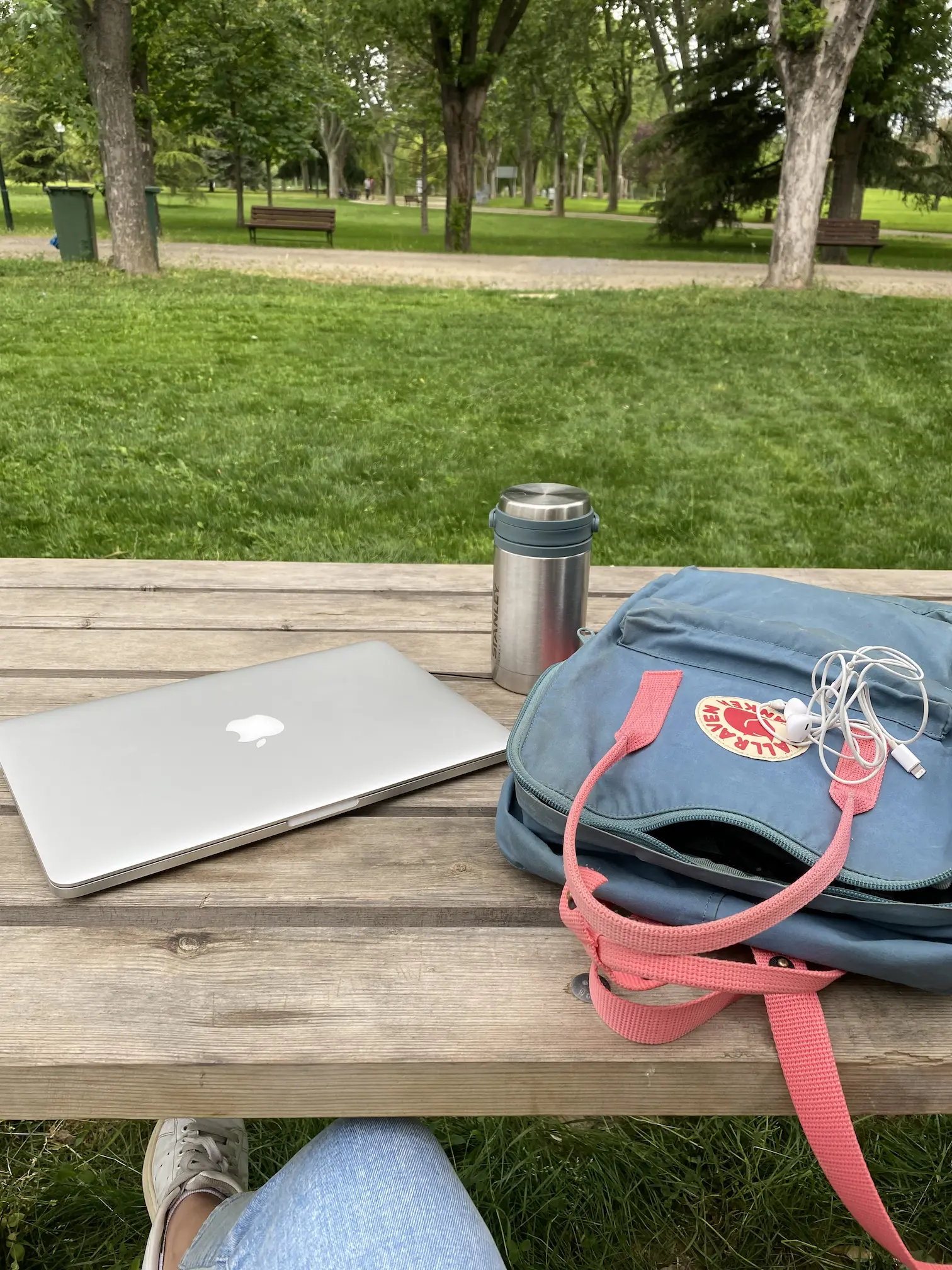
For me, the best part of freelance life is being able to work wherever and whenever I want.
You may have heard many times already about all the other advantages besides this one:
- Working on the projects you want
- Working on how much you want
- Selecting the clients based on your criteria
- Earn currency in Turkey
- The satisfaction of a job you created yourself
- The potential to grow your business
What're your dreams?
I gave my motivation for wanting to earn money a lot of thought before starting my second freelance journey. Moreover, how much I hope to make.
I don't need to make a lot of money since I'm happy with my life and the situation I'm in right now. I simply want to be able to live my life according to my current standards, free from concern for my loved ones' well-being in the future.
I'm highly motivated to live a life where I constantly learn new things, see new things, have new experiences, and explore new locations. In other words, the goal is to work strategically until I have accumulated enough money to support myself without having to work. I believe that I will continue to work after that, but my goals and methods of operation will change.
Even though I've always travelled on a budget, I still have a ton of locations still to visit. In actuality, this list grows as you travel and observe more things. I firmly believe that my career has benefited greatly from my extensive travel.
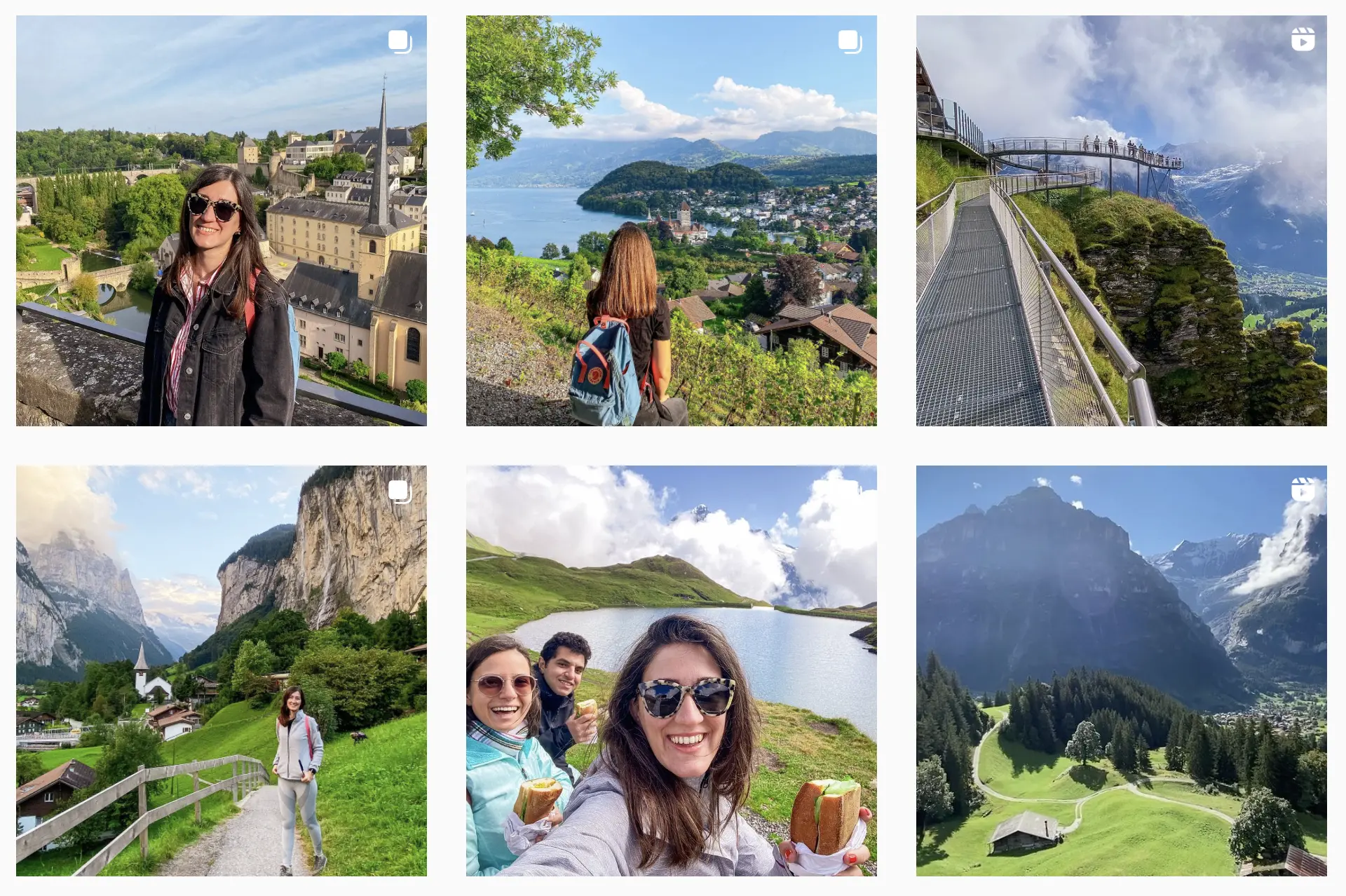
In the long run, I want to have a meaningful life where I can follow my creative compulsion and produce things that benefit others. I believe this is the moment when I finally understand who I am. Although the area is still hazy, people are continually learning new things about themselves. Let's wait and see what the future holds.
Working for my dreams motivates me. That's why, when appropriate, I find it normal to work more in some periods and sometimes less.
I have no problems with the difficulties that the freelance lifestyle presents for certain people. I don't get annoyed by things like needing to email a file while on vacation or a client asking for an urgent assignment, for example. I'm accustomed to bringing a computer wherever I go, so for me, a computer is always at an office.
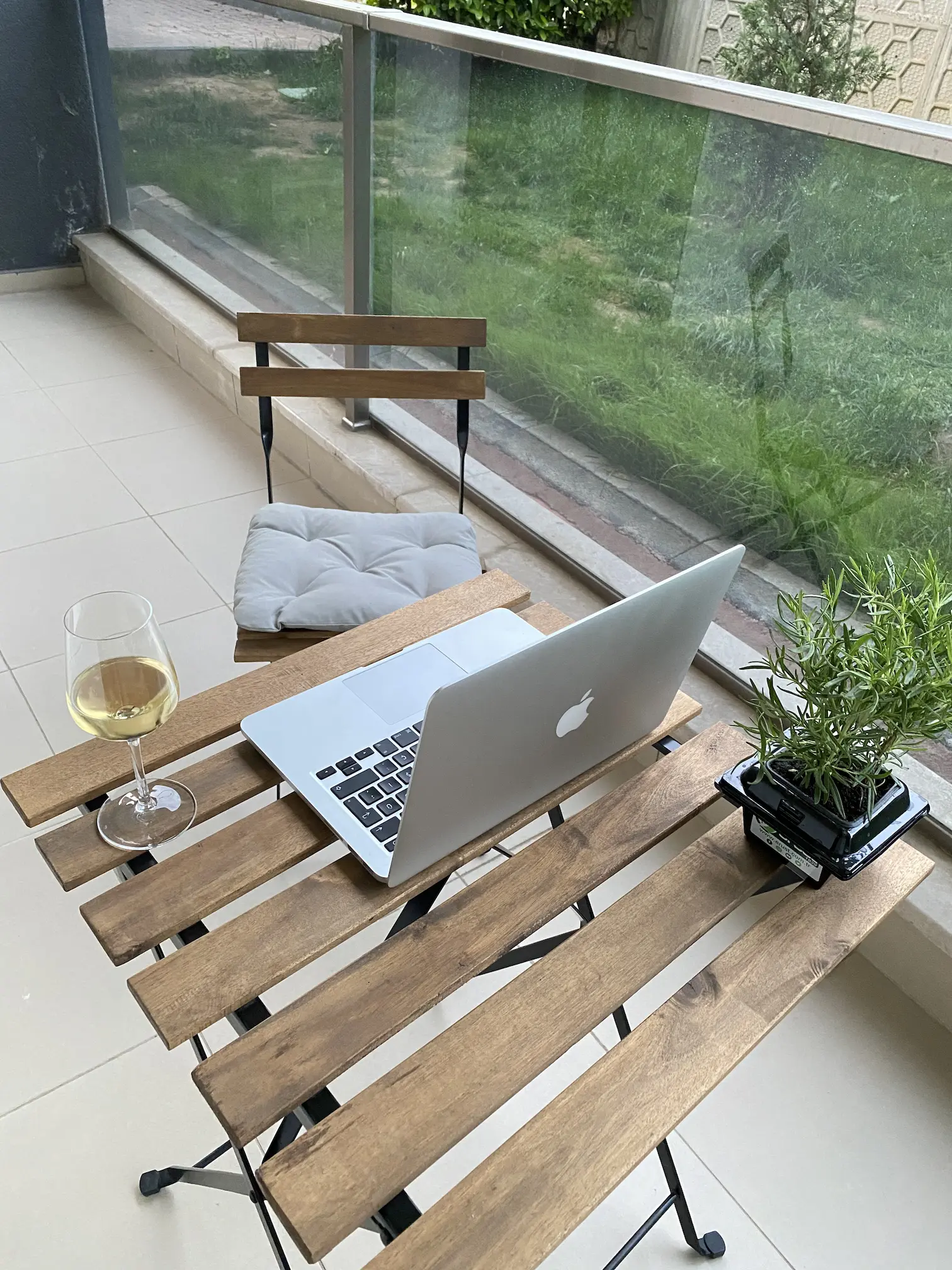
In short, both my desire to travel the world and the duality of my family life make freelancing very convenient for me. So far, I have worked in many countries of the world as my computer and my imagination.
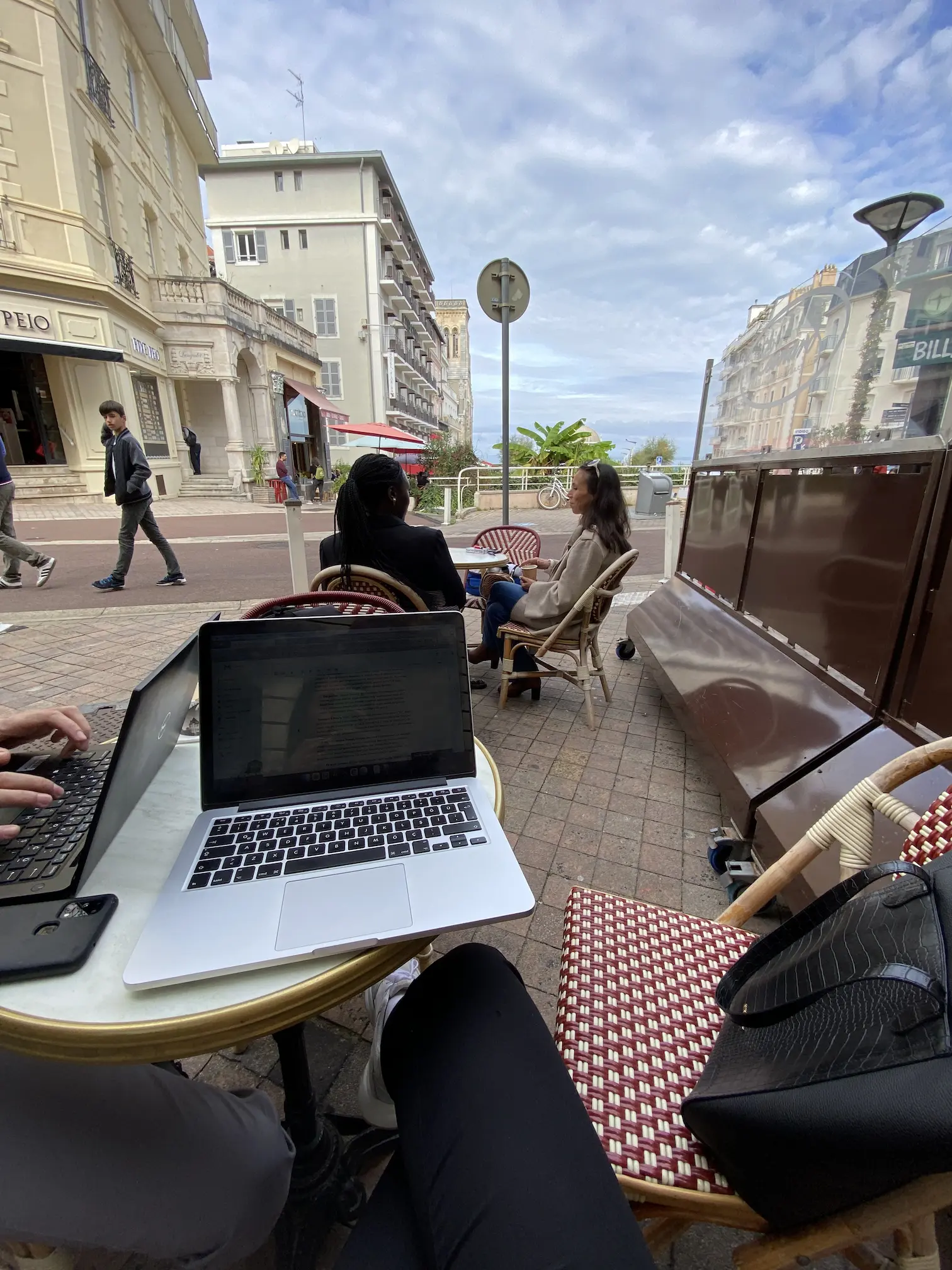
I don't think of myself as a workaholic because I have other priorities in life, but I enjoy working. I get great enjoyment in building things from scratch, thus I believe my line of work is ideal for me. When working on projects I enjoy, I don't feel like I'm working at all.
How do I organize my desk?
My work environment has a huge impact on my work efficiency. Knowing this, I was quite envious of the medium.
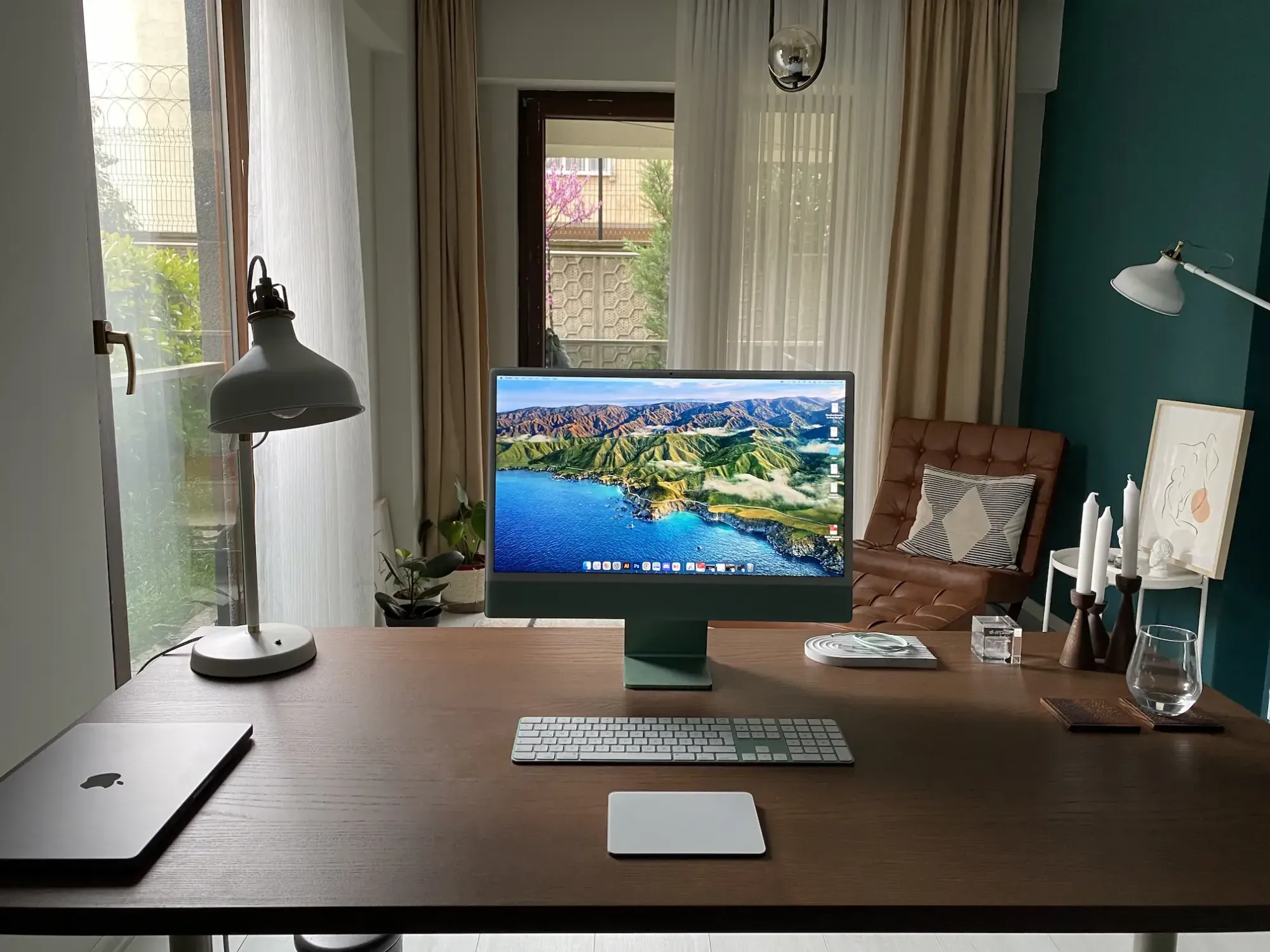
I turned a room in the house into an office for myself. I chose furniture and picture frames that would encourage me, and I painted the walls. I'm motivated to work because I live in a place that makes me happy when I look at it. My disposition makes it a little tough for me to get motivated to work, but it can be challenging to stop once I've started.
I like to see outside when I'm working, so I put the table in the centre of the room, so I can see out from both sides.
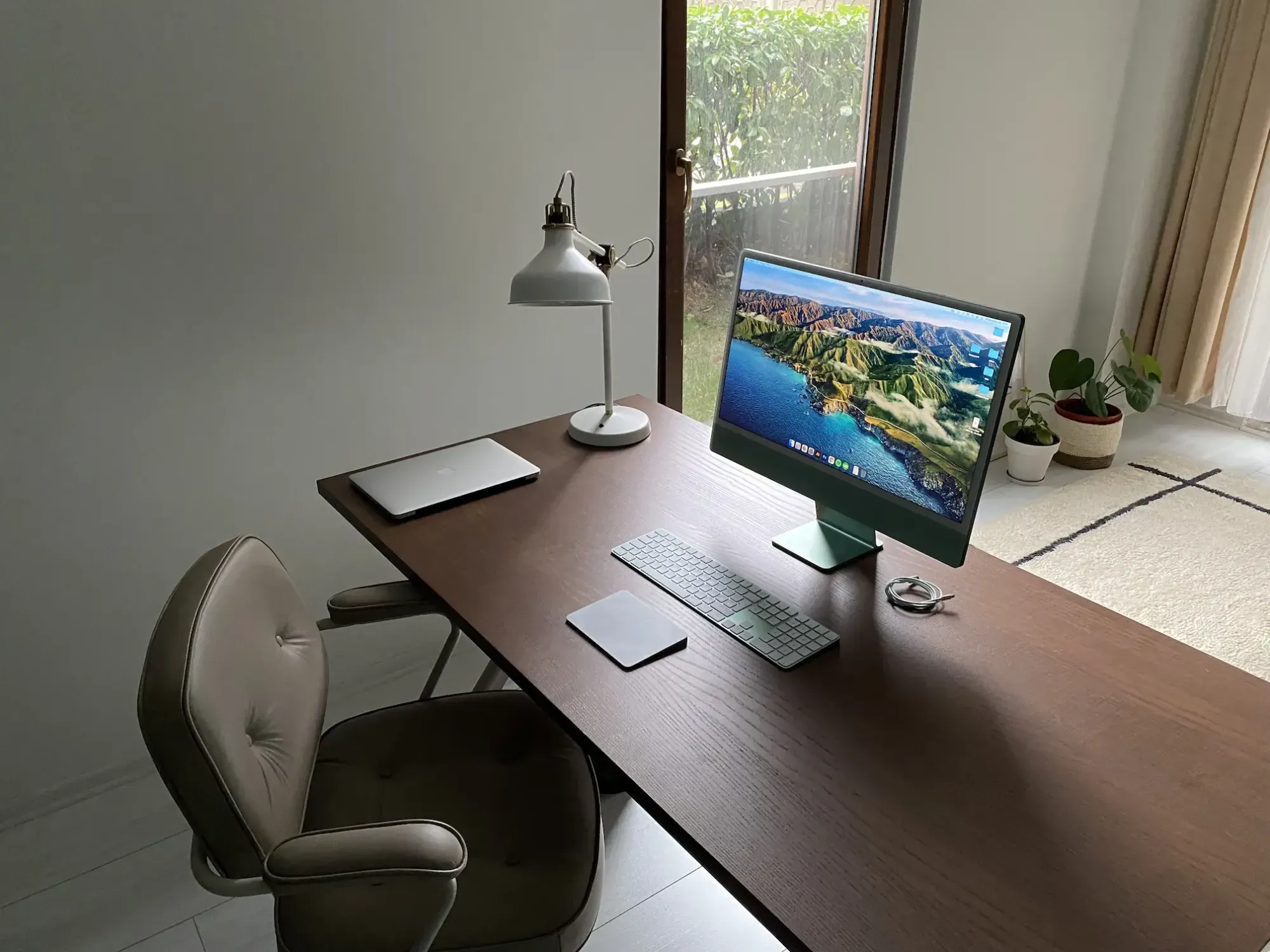
I make an effort to keep my desk as clutter-free as feasible. It's more enjoyable to appear tidy and clean. To do this, I installed a cupboard behind my desk, where I keep all of my office supplies and paperwork.
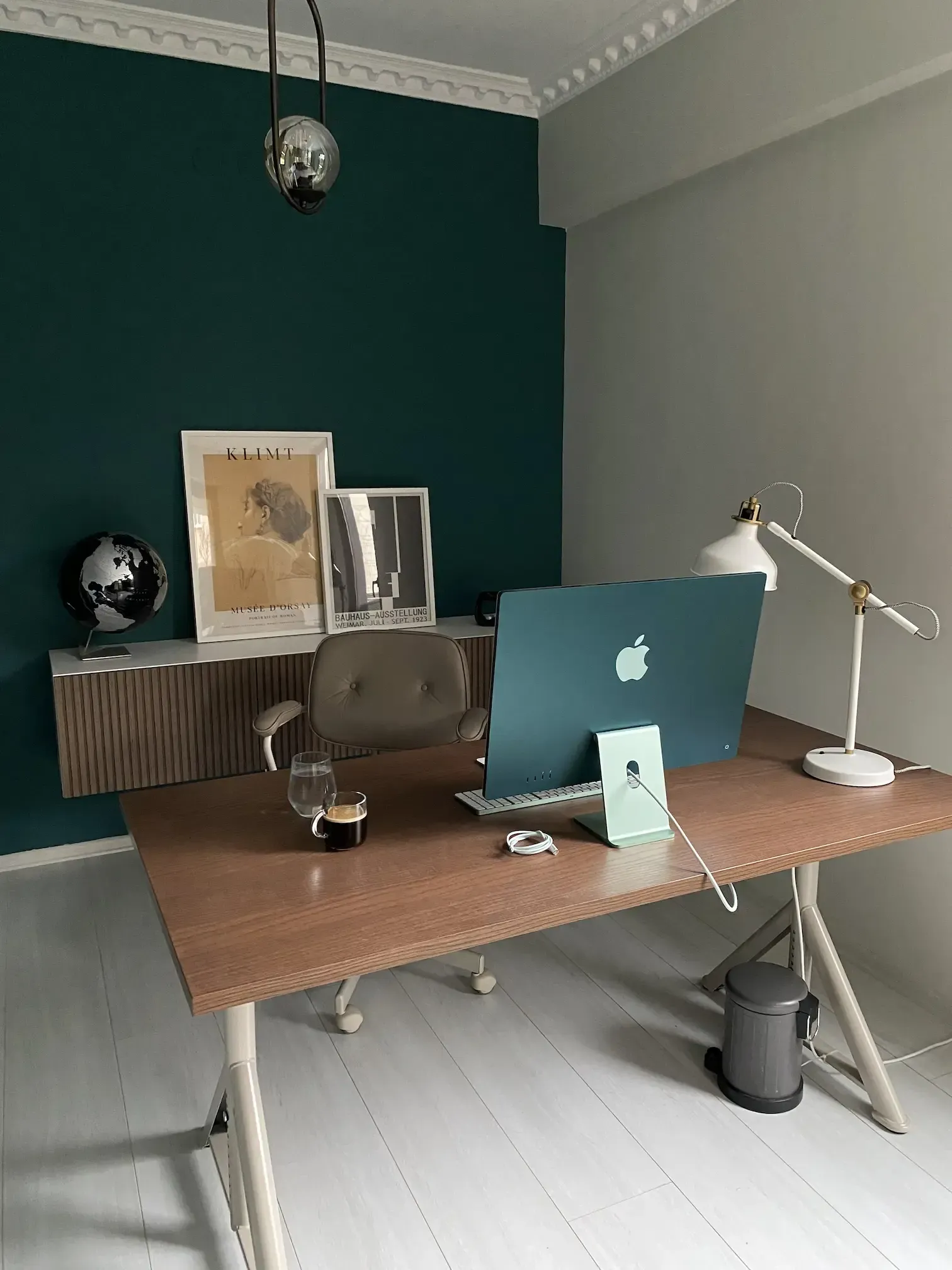
Likewise, for the rest of the room, I chose furniture that was minimal, but that I was happy to have and that satisfied me in an aesthetic sense.
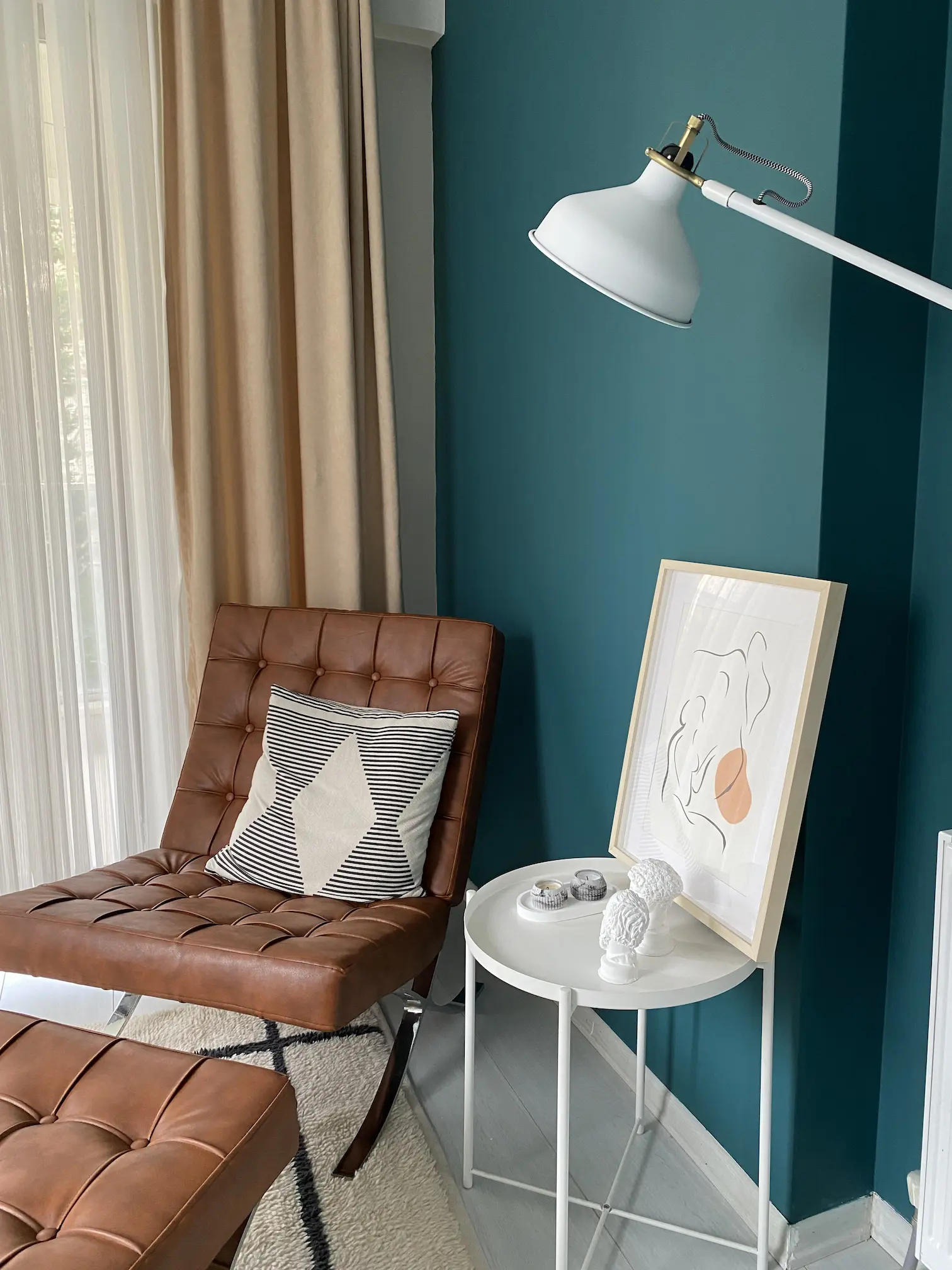
How do you spend a day?
I tried to make more deliberate progress when I started freelancing again after having learned from my first round of blunders. I'm currently attempting to advance things more easily. I maintained my working order by making wiser decisions (by moving forward with the principles of both customer and project selection) and implementing some procedures.
My day starts and ends later as most of the customers are from the western side of the world. I plan to work 5-6 hours a day and the first half of the day is lighter.
I make my coffee in the morning and get to work by reading the news and responding to emails. I eat breakfast at around eleven. The best part of the day for productivity is the first couple of hours after breakfast. When I go to the gym, I leave at 14:00, jog and walk home, and then I work a couple more hours to wrap up the day.
If there is a meeting or interview, I set it for the afternoon since it will suit the time of the customers.
I attempt to adjust my work a little bit if I plan to travel outside of the norm. I maintain a routine while travelling so that I can take breaks during the day as needed. Typically, I travel during the day and work in the evening.
How do I handle irregular income?
It is vital to understand that the revenue will be erratic before working as a freelancer. Generally speaking, the graph fluctuates, with a high income one month and a lesser income the following month due to the Upwork payment system (5-7 days after the payment of the authorized task) and the fact that I don't apply for new jobs when I'm busy with projects.
Additionally, certain months may be less busy while others may be extremely busy because of the holidays in the United States, Canada, and other countries as well as the budget regulation calendars of businesses. I also tend to work on tasks like portfolio renewal when the intensity is low and remind myself that this is just temporary.
Although I will offer recommendations that will lessen the stress associated with sporadic revenue a little more, if your clients are happy with the project they have completed with you, they will return and recommend you to their surroundings. In this approach, I'm sure the tension about money will lessen a little when you see customers coming back for new jobs.
In order to get through the financial stress and other difficulties of being a freelancer, I must emphasize how crucial it is for the people in your life and to feel a sense of belonging to this world. That's why it was so satisfying to be surrounded by people who had undergone comparable experiences and provided motivation after joining Freelancer Guide. It would have been much easier and quicker for me to get where I am now if I had such a network during my early freelance experiences.
Project process and tactics of selecting clients
After a few mishaps that occurred during my early years, I came to understand the value of selecting the right client and project as well as communication throughout the project lifecycle, and I developed several procedures to address this.
When choosing customers, I adhere to some of the features and guidelines suggested by Upwork (such as the payment verified function, reading the reviews of the customer's prior projects, and looking at the average hourly salary paid). In addition, I employ the subsequent technique for consumer filtering.
I devised a form that the clients had to fill out at the start of the project because I found that customers, especially those with little experience, struggled to write briefs for their design projects. By filling out this form, I ensure that I receive details and expectations about the business, the services and products it provides, and the design requirements for the project. This form includes questions concerning visual style as well, however if the buyer didn't provide enough information, I always start by posing additional queries to ascertain the visual style.
Even though it takes time, making sure everything is understood at the beginning of the process makes me feel better later. I typically don't work with customers that are unwilling to draft briefs and claim they don't have time.
Making a form to receive a brief has a few additional benefits. You get a consistent and uniform record in your hands, and the consumer sees that you have a method in place, are knowledgeable about your experience, and are doing an effective job.
Other barriers and lifestyle
You know, we feel out of place when we first enter college after graduating from high school. Our experiences in this new world, what we learn and how we acquire it, as well as all the knowledge and experience we add to ourselves, are done so at our own risk, and at first, it seems challenging. We probably went through the same thing when we initially started working as freelancers.
The reason for this is that when you work for a corporation, it is generally clear what you will be paid, how much you will work, the nature of your job, what is expected of you, and what you need to do to advance. However, when you work for yourself, you are responsible for all of these duties, and the opportunities are virtually unlimited!
The fact that there are countless possibilities manifests as both a benefit and a drawback. Being a freelancer really forces you out of your comfort zone and shakes you up a lot, though I try to avoid using that phrase because it has gained a lot of popularity in recent years. I believe every freelancer initially encounters tiny earthquakes, regardless of how well you have planned and even if you believe you are prepared.
You need to study a lot of topics outside of your field of work, even if you don't find it challenging to do so. In fact, if you enjoy it, I have fantastic news for you! The list continues on and on, starting with the costs and obligations of running a business, marketing strategies to promote your services and attract new clients and projects, customer communication, meeting and presentation abilities, and so forth.
One of the reasons I compare the life of a freelancer to the transformation we went through when we started college is that I can't remember who I was before my design education at university, and it seems hard for me to not view life from the perspective of a designer. Similar to how working as a freelancer has altered me so significantly that I can no longer recall who I was before, working anywhere at any time feels completely normal to me, and there is no switch to turn it off.
The creative industry also presents other difficulties. Each project is like a new beginning, progressing through phases like discovery, depression, coming out of one's shell, presentation, and anxious waiting. If you ask me, making something from scratch isn't simple, but the satisfaction it offers more than makes up for the difficulties. I constantly remark, "I hate it but I love it."
To sum up, what I've said thus far, I'd want to say that although there are challenges, I'm glad I chose this life and that I enjoy working and living this way because it fits with my lifestyle. Every moment of this life is making you better.
I don't think you can fail as a freelancer if you have a challenging area of knowledge and don't find it difficult to constantly study and grow. If you believe there is space for you on this planet, then please consider yourself warmly welcomed!






